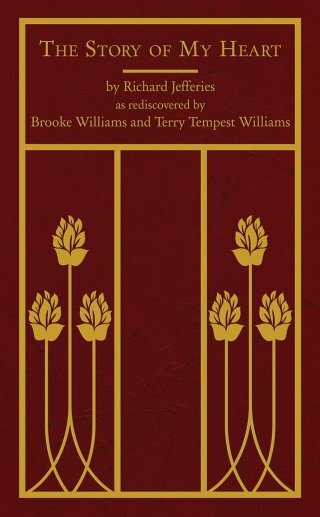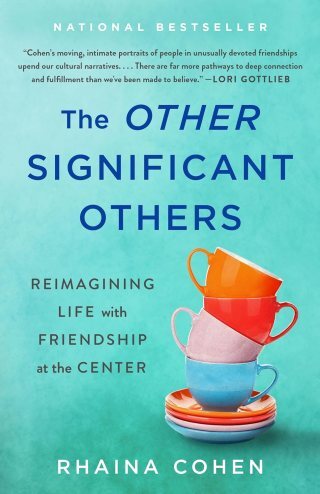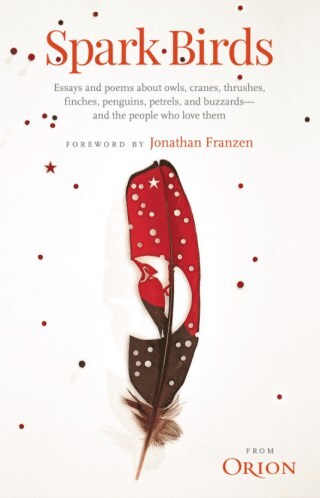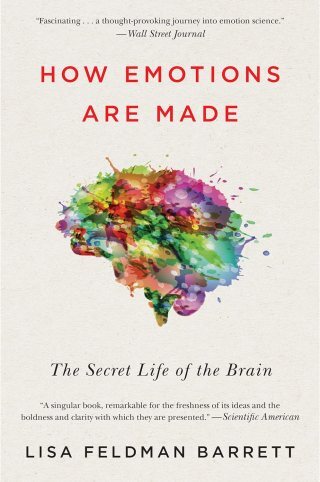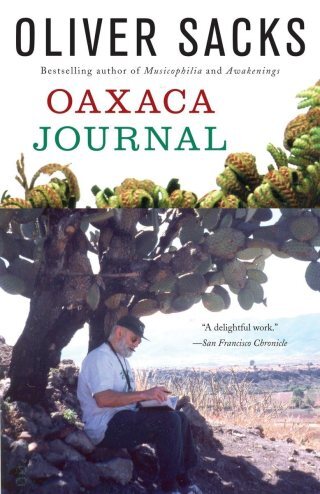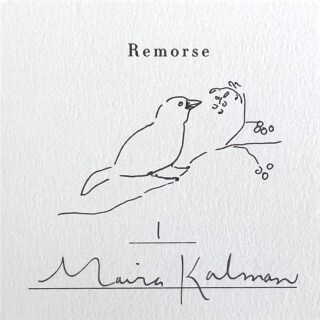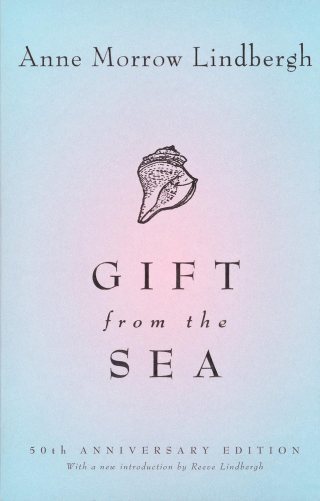Maria Popova's Blog, page 27
March 1, 2024
The Ecstasy of Eternity: Richard Jefferies on Time and Self-Transcendence
This is the great paradox: that human life, lived between the time of starlings and the time of stars, is made meaningful entirely inside the self, but the self is a mirage of the mind, a figment of cohesion that makes the chaos and transience bearable. A few times a lifetime, if you are lucky, something — an encounter with nature, a work of art, a great love — sparks what Iris Murdoch so wonderfully termed “an occasion for unselfing,” dismantling the cathedral of illusion and rendering you one ...
February 28, 2024
The Other Significant Others: Living and Loving Outside the Confines of Conventional Friendship and Compulsory Coupledom
We move through the world largely unaware that our emotions are made of concepts — the brain’s coping mechanism for the blooming buzzing confusion of what we are. We label, we classify, we contain — that is how we parse the maelstrom of experience into meaning. It is a useful impulse — without it, there would be no science or storytelling, no taxonomies and theorems,...
February 27, 2024
Jonathan Franzen on How to Write About Nature, with a Side of Rachel Carson and Alice in Wonderland
I grew up loving Alice’s Adventures in Wonderland. My grandmother read it to me before I could read. I read it to myself as soon as I could. I loved the strangeness of it, and the tenderness. As a child mathematician, I loved knowing that a grown mathematician had written it. But what I most loved about the story was Alice’s fearless curiosity and compassion as she encountered all the creatures populating Wonderland. I loved the White Rabbit and the Cheshire Cat and Bill the Lizard because Alice...
February 23, 2024
How Emotions Are Made
“A purely disembodied human emotion is a nonentity,” William James wrote in his revolutionary 1884 theory of how our bodies affect our feelings — a gauntlet thrown at the classical view that emotions are the brain’s response to the outside world, hard-wired and universal. In the century-some since, we have come to discover that this embodied construction of emotion, known as interoception, is the tectonic activ...
February 18, 2024
Hermann Hesse on Discovering the Soul Beneath the Self and the Key to Finding Peace
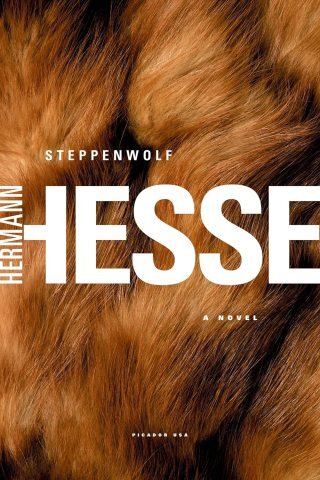
“To be nobody-but-yourself — in a world which is doing its best, night and day, to make you everybody else — means to fight the hardest battle which any human being can fight,” E.E. Cummings told students from the hard-earned platform of his middle age, not long after Virginia Woolf contemplated the courage to be yourself.
It is true, of course, that the self is a place of illu...
February 16, 2024
Endling: A Poem
I turned the corner one afternoon to find my neighborhood grocer gone. No warning, just gone — padlocked and boarded off, closed for good, a long chain of habit suddenly severed.
We know that entropy drags everything toward dissolution, that life is a vector pointed at loss, but how rarely we realize that the lasts are last, how staggering the turning of those corners. The friend you embrace in a casual parting not knowing it is the final farewell. The lover you kiss not knowing you will never ...
February 15, 2024
The Secret Life of Chocolate: Oliver Sacks on the Cultural and Natural History of Cacao
Without chocolate, life would be a mistake — not a paraphrasing of Nietzsche he would have easily envisioned, for he was a toddler in Germany when a British chocolatier created the first modern version of what we now think of as chocolate: a paste of sugar, chocolate liquor, and cocoa butter, molded into a bar. As the making of bars entered the factories over the course of the next century, chocolate — further and further removed from the lush life of cacao, stripped of its cultural history and ...
February 13, 2024
Maira Kalman on How to Live with Remorse and Wrest from It Defiant Joy in Living
Each time we have tried to elevate ourselves above the other animals by claiming singular possession of some faculty, we have been humbled otherwise: Language, it turns out, is not ours alone, nor is the use of tools, nor is music. Elephants grieve, octopuses remember and predict, crows hold grudges.
Perhaps one day this too will be snatched from us, but for now there seems to be one tumult of being pulsating in the human breast alone: the capacity to be sorry, to feel the soul-ache of remorse ...
February 11, 2024
When Relationships Change: Anne Morrow Lindbergh on Embracing the Intermittency and Mutability of Love
“God is Change,” Octavia Butler wrote, channeling in poetic truth the fundamental scientific fact of the universe.
We know this. And yet to be human is to long for constancy, to crave the touchingly impossible assurance that what we have and cherish will be ours to hold forever, just as it is now. We build homes — fragile haikus of concrete and glass to be unwritten by the ...
Anne Morrow Lindbergh on Embracing Change in Relationships and the Key Pattern for Nourishing Love
“God is Change,” Octavia Butler wrote, channeling in poetic truth the fundamental scientific fact of the universe.
We know this. And yet to be human is to long for constancy, to crave the touchingly impossible assurance that what we have and cherish will be ours to hold forever, just as it is now. We build homes — fragile haikus of concrete and glass to be unwritten by the ...

